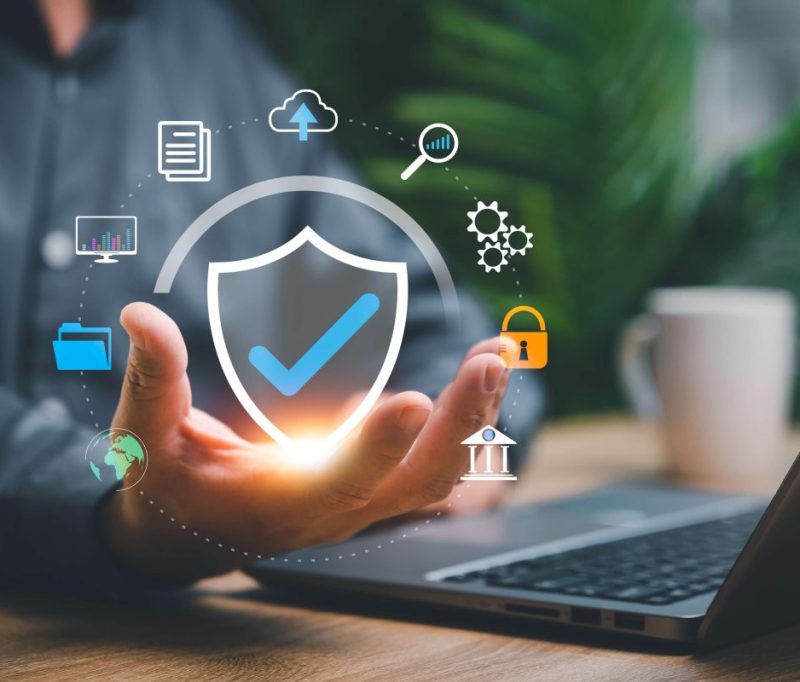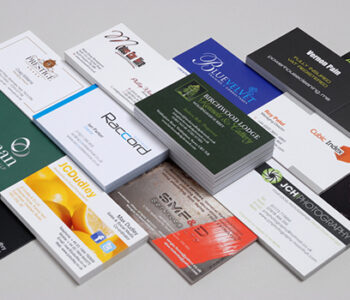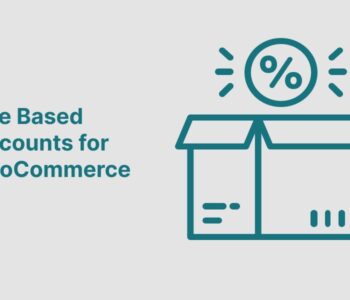 Business
Business
Transforming Healthcare with IT| Improving Patient Care Today
The healthcare industry has rapidly evolved due to IT innovations, particularly post-COVID-19. IT has transformed patient interactions, hospital data management, and overall healthcare efficiency. Providers are now increasingly investing in IT to enhance patient care, improve outcomes, and reduce costs. Essential services like healthcare IT consulting and managed IT support are key to ensuring smooth operations across clinics, hospitals, and practices. In this blog, we explore how IT is revolutionising healthcare and offer strategies for providers to stay ahead in this digital era, ensuring they can meet modern challenges effectively while enhancing service quality.
The Role of IT in Modern Healthcare
IT services have become the backbone for healthcare operations. Digital systems such as electronic health records (EHRs), telemedicine platforms, remote monitoring tools, and mobile apps have improved access to care and reduced the burden on healthcare professionals.
These technologies not only support better patient care but also help healthcare institutions manage their daily workflows more efficiently. As a result, the demand for expert healthcare IT consulting continues to grow.
Some of the primary benefits of IT in healthcare include:
- Time savings for healthcare professionals
- Better access to medical data
- Reduced costs through efficient systems
- Improved communication between doctors and patients
- Enhanced data security and compliance
- Greater patient satisfaction and trust

Remote Patient Monitoring
Remote patient monitoring is one of the most impactful uses of IT in healthcare today. This technology enables healthcare providers to track a patient’s vital signs, medication routines, and overall health remotely, without requiring an in-person visit.
Patients use wearable devices or mobile apps to log data such as blood pressure, blood sugar levels, heart rate, and sleep patterns. This information is transmitted directly to healthcare professionals in real time.
The benefits of remote monitoring include:
- Continuous health tracking
- Early detection of health concerns
- Faster medical response in emergencies
- Greater comfort for patients, especially those in rural or isolated areas
With appropriate IT support, remote monitoring systems can be maintained securely and efficiently, ensuring that sensitive health data is always protected.
The Rise of Telemedicine
Telemedicine has become a critical part of modern healthcare, particularly since the COVID-19 pandemic. It allows patients to consult with doctors over the phone, through video calls, or via secure messaging platforms.
Telemedicine reduces the strain on hospitals and clinics by allowing doctors to treat non-emergency patients remotely. It’s especially useful for routine check-ups, mental health consultations, and follow-up appointments.
Healthcare organisations must invest in secure digital infrastructure and healthcare IT consulting to ensure their telemedicine platforms are efficient, compliant with regulations, and easy for both staff and patients to use.
Electronic Health Records (EHRs)
Gone are the days of bulky paper files and handwritten notes. EHRs allow healthcare providers to store patient information digitally, making it easier to access and share important data when needed.
Key features of EHR software include:
- Centralised database accessible by authorised personnel
- Automatic data entry and updates
- Patient portals for viewing personal medical records
- Better accuracy and reduced duplication
EHRs improve coordination between different departments, reduce paperwork, and protect sensitive data with advanced security features. With the help of IT support teams, healthcare providers can ensure their EHR systems remain up to date and compliant with regulations.
Health Tracking Apps
Smartphones have made healthcare more accessible to the general public. Health tracking apps allow individuals to manage their fitness, track their health progress, and even connect with healthcare professionals directly.
These apps:
- Provide daily health tips and reminders
- Track symptoms or vital signs
- Encourage healthier lifestyles
- Integrate with wearable devices
With IT support in Watford and other local areas, healthcare providers can work with developers and consultants to create reliable apps that offer real-time feedback and data syncing.
The Role of IoT Devices in Healthcare
The Internet of Things (IoT) refers to a network of smart devices that collect and share data. In healthcare, IoT devices include wearable tech like smartwatches, glucose monitors, and heart rate trackers.
These devices:
- Monitor a patient’s condition continuously
- Provide alerts for abnormal readings
- Allow doctors to access real-time patient data
- Offer insights into patient behaviour and daily routines
IoT devices are especially valuable in managing chronic illnesses and supporting elderly patients. With healthcare IT consulting, organisations can integrate IoT systems into their existing infrastructure and ensure the highest levels of data protection.
Cybersecurity in Healthcare IT
As healthcare becomes more digital, cybersecurity becomes more important. Hospitals and clinics hold sensitive patient data that must be protected from cyber threats such as ransomware, phishing, and hacking.
Cybersecurity challenges in healthcare include:
- Vulnerable IoT devices without firewalls
- Remote working increases phishing risks
- Social engineering attacks on staff
- The high cost of data breaches and system downtimes
Healthcare providers must treat cybersecurity as a top priority. By working with experienced IT professionals, they can set up secure systems, train staff, and implement regular updates to prevent cyberattacks.
Managed IT services are an excellent solution, offering 24/7 support, system monitoring, and regular assessments to stay ahead of threats.
Artificial Intelligence (AI) and the Future of Healthcare
AI is helping healthcare providers improve diagnosis accuracy, predict health outcomes, and personalise treatment plans. Some promising areas of AI in healthcare include:
- Automated document and image analysis
- Personalised medication recommendations
- Early mental health diagnosis through behavioural tracking
- Accelerated drug discovery and testing
AI-driven tools can analyse vast amounts of patient data and identify patterns that would take human professionals much longer to uncover. With ongoing IT support Watford, AI can be safely integrated into healthcare systems to improve patient outcomes.
Mental Health and AI Innovation
AI is also making strides in supporting mental health. AI-driven chatbots and apps can provide support, track mood patterns, and offer resources for those dealing with anxiety or depression.
These tools:
- Help bridge the gap between patient need and provider availability
- Offer non-judgemental, anonymous support
- Guide users towards professional help when needed
AI-based solutions can play a valuable role in mental healthcare, especially when combined with traditional counselling and medical services.

Keeping Up With Healthcare IT Trends
As digital transformation accelerates, healthcare providers must be proactive in adopting the right technologies. Whether it’s EHR software, cybersecurity systems, or wearable device integration, the right IT strategy can significantly enhance patient care.
Healthcare IT consulting services play a key role in this transformation. They help healthcare organisations assess their current systems, identify areas for improvement, and implement customised solutions.
Conclusion
The healthcare industry is evolving rapidly, with IT driving this transformation. From enhancing access to care via telemedicine to securing sensitive data through advanced cybersecurity, embracing digital tools is essential for better patient outcomes. Reliable IT support in Watford and beyond plays a crucial role in helping healthcare providers adapt smoothly. At Renaissance Computer Services Limited, we understand the unique challenges of the healthcare sector. We offer tailored solutions, including healthcare IT consulting and managed IT support, to help you provide effective care while maintaining security and efficiency. Whether modernising systems or improving cybersecurity, we support your digital healthcare journey.
Solar Power Can Cut Operational Costs for Irish Businesses: Here’s How








